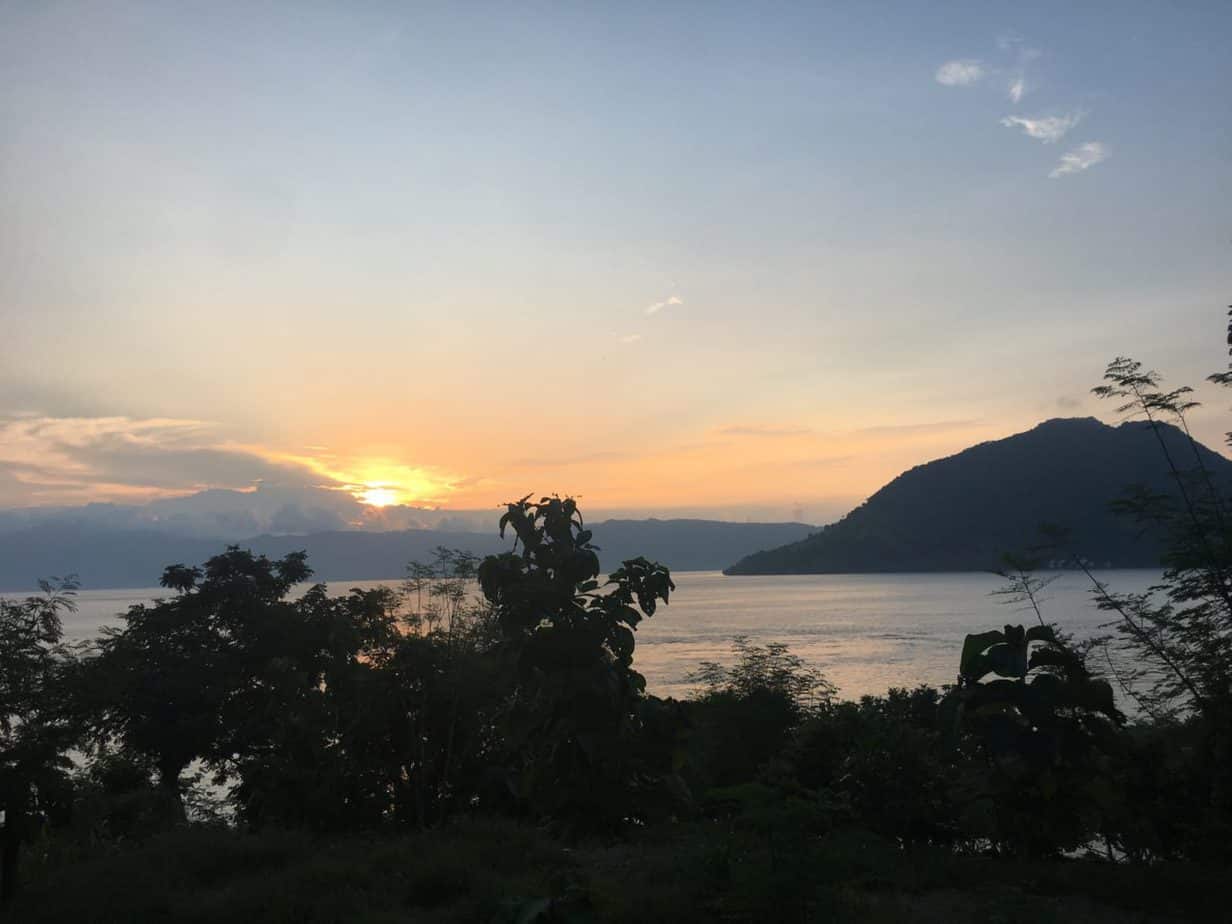The Story Behind Alor Tanapi: Our Name and Its Meaning
We often get asked: “What does Alor Tanapi mean?” After an extensive search, this name felt deeply connected to Alor’s history, culture, and our philosophy. In this article, we share the origins of the name, its historical significance, and why we chose it for our dive resort.
What Does “Tanapi” Mean?
In Alorese, Tanapi (or Tenapi) refers to ikat or sarong, a traditional woven textile made and worn in Alor, especially during ceremonies and special occasions. Weaving is an integral part of Alorese culture, deeply tied to both the introduction of Islam and local myths about the sea and underwater beings known as hari.
A Story Woven into Alor’s History
This story takes us to Ternate, a small island in the Pantar Strait, which is home to one of Alor’s most important weaving centers.
In Alor, textiles were historically produced for barter and local trade. Many women in Ternate rely on weaving as their primary income, while many of the men are divers, searching for marine products to trade.
The Tanapi sarongs woven in Ternate are made from a blend of cotton and other fibers, giving them a soft yet durable texture. The secret behind Alor’s famous “silk” sarongs lies in the floss used in the weaving process.
However, farming land is scarce in Ternate. The island is little more than a steep mountain rising from the sea, making agriculture difficult. To prevent landslides, district authorities have prohibited farming above the village, forcing Ternate’s people to rely on land in mainland Alor. Many villagers move to farm huts on Alor during the intense farming season, but during the long dry season, weaving becomes the primary activity.
An Ancient Trade Network
Because Ternate cannot produce enough cotton, weavers historically relied on inter-island trade to obtain materials. Using wooden canoes, they would travel across Alor, bartering woven textiles for essential goods.
-
First, they brought their woven Tanapi to Ampera, a village known for pottery production on the Bird’s Head of Alor.
-
In Ampera, they exchanged textiles for clay cooking pots, loading them onto their canoes.
-
Then, they set off on a long journey to Ili Api in Lembata, where they bartered the pots for raw cotton.
In modern times, machine-spun yarn has become available, allowing weavers to buy materials in Kalabahi. However, the old trading traditions still persist, and even today, men from Ternate sometimes carry pots from Ampera on their diving trips.
Islam, Weaving, and the Underwater Connection
The Alorese-speaking communities of northwest Alor and nearby islands have a long Islamic history, possibly dating back to the 15th century. According to local legends, the introduction of Islam to Alor is directly tied to the introduction of weaving—and to the mystical underwater world.
As the story goes, after a war between the kingdoms of Munaseli and Pandai, aristocrats from Munaseli fled in different directions. One of them, Sakbal Duli, settled in Alor Kecil, bringing with him a precious patola, a double-ikat textile from Gujarat, India.
At the time, the people of Alor Kecil wore bark cloth, but Sakbal Duli introduced cotton farming, yarn-making, and weaving.
According to legend, Sakbal Duli married Eko Sari, a hari—a mystical being believed to live underwater. She left the ocean to be with him on land and, in return, taught the people of Alor Kecil how to create patterns and dyes for weaving.
Even today, weaving is closely tied to the sea.
Corn Harvest and the Sea Ceremony
In Ternate and other Muslim weaving villages, a special ceremony is held at harvest time—a ritual that binds together farming, weaving, and the ocean.
Throughout the year, women collect loose threads from their ikat weaving. When the first corn ripens, these threads are gathered and taken to the beach as an offering to the sea. This ceremony is a way of giving thanks—a recognition that both the land and the ocean sustain their livelihoods.
The interwoven relationship between weaving, farming, and the sea is why we felt Tanapi was the perfect name for our dive resort.
Why We Chose “Tanapi” for Our Dive Resort
At Alor Tanapi Dive Resort, we believe that everything is interwoven—just like the threads of a Tanapi sarong.
- The ocean and the land are inseparable, just as diving and weaving have shaped Alor’s communities for centuries.
- Culture, history, and conservation must be preserved and celebrated.
- We aim to create a self-sustaining, eco-friendly space inspired by permaculture principles, where nature and tradition thrive together.
The art of weaving is a symbol of connection—how everything in life is intricately linked. Every action we take impacts our community, our environment, and our planet.
Tenapi Kolon susu
If you’d like to explore more about Alorese weaving and its connection to the sea, check out “The Secrets of Alorese ‘Silk’ Yarn: Kolon susu, Triangle Trade, and Underwater Women in Eastern Indonesia” by Emilie Wellfelt.
Thank You for Reading!
We hope you enjoyed learning about the story behind Alor Tanapi. If you’d like to explore more about our resort, diving experiences, and cultural activities, visit us here.

